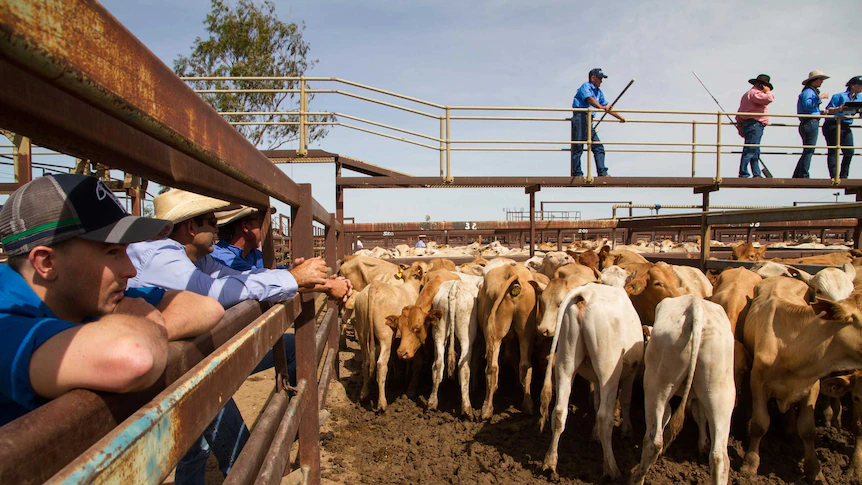



Article by: Hari Yellina
The buy now, pay later (BNPL) wave has arrived in agriculture, yet perspectives on the advantages of purchasing sheep or hay with future compensation are divided. According to a study conducted by the Australian Securities and Investments Commission (ASIC) in 2020, one out of every five consumers is late with their payments. One company, DelayPay, advertises on social media that it can buy “sheep, lambs, or stud stock” for agribusinesses that are “cashflow constrained.” Another startup, AgPay, claims to combine agricultural experience with “deep competence in finance” on its website. AgPay managing director Ben Edney said the company was targeting cropping farmers, with cash ranging from $50,000 to $1 million granted in as little as 48 hours.
Consumers can buy and get items from a merchant right away, then return the financial provider, such as AgPay, over the course of six to twelve months. “Banks are bloated behemoths. Bank approvals take a long time to come through, especially when it comes to agricultural working capital “Mr. Edney explained. The loans are usually for a limited period of time to allow for the purchase of inputs and must be repaid within a year. Some Australians have been criticised for falling into a debt trap thanks to BNPL schemes. Mr Edney, on the other hand, said that his service did not endanger unwitting farmers. He stated, “We have no wish to cause issues, on the contrary.”
“We’ve had to deny a handful of applicants because they didn’t meet what we consider to be appropriate credit requirements.” Approvals are based on the primary producer’s balance accounts, cropping plans, and history, and are produced using artificial intelligence and other methods. DelayPay can authorise loans for animals, machinery, and feed in as little as 24 hours, with a six-month repayment period. The NSW Rural Financial Counselling Service, which covers the state’s central, western, and northern regions, is led by David Galloway. He said several farms and small companies were trying to re-enter the market after years of drought and other disasters like the mouse plague and floods.
BNPL, he said, is a new participant in the agriculture market, which is dominated by banks and government-backed programmes such as the Regional Investment Corporation and NSW Rural Assistance Authority. Clients of the monetary counselling service have already been duped by BNPL. While debt was prevalent in agricultural businesses, he advised producers to be cautious before jumping into the BNPL revolution, especially with assets like stockfeed and animals. “It adds another layer of danger,” he explained. “Not only are you dealing with interest rates and penalty payments, but you’re also hope the livestock price remains stable.” Angel Zhong, an economist at RMIT University, stated that, like any service, there looked to be benefits and drawbacks.
“We definitely need to have some legislation in place to protect the farmers,” Dr. Zhong added, citing the benefits of “disposing of a lot of paperwork and making the receiving of these payments smooth.” She warned that, as a result of climate change, these types of loans could become riskier. In the case of AgPay, penalty interest rates might go as high as 8%. Dr Zhong, who wants the BNPL industry better controlled by ASIC, has criticised the transparency of those numbers. Providers are often not regarded to be regulated under the federal statute that ASIC enforces to establish responsible lending obligations. Many banks do not currently include BNPL obligations when approving loans “so you can easily increase your liability”, Dr Zhong said. Mr Edney supported the call for greater consumer protection.